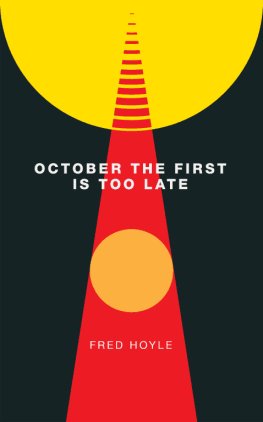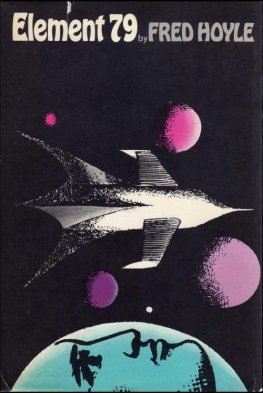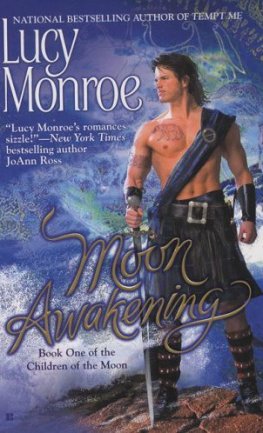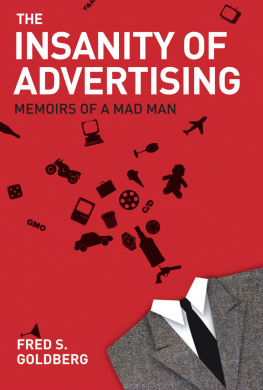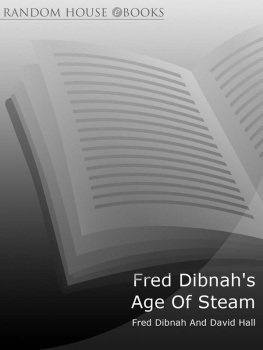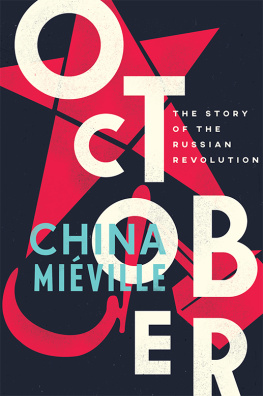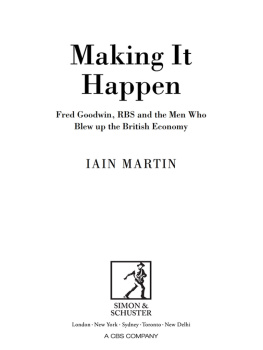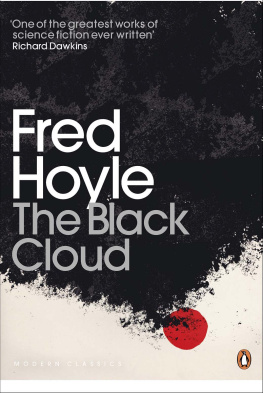Fred Hoyle
OCTOBER THE FIRST IS TOO LATE
with a new introduction by
JOHN HOWARD
When he was seven years old Fred Hoyle refused to be afraid of the dark. Close to his home in the Yorkshire village of Gilstead there was a narrow, winding lane bordered by high walls and deep woods. Even on a bright day it was dark there. Hoyle forced himself to walk along that laneand he came to explore the mysteries of the night sky with the same energy that he walked the moors and hills that surrounded his home. It was appropriate that Hoyle was able to recall the event nearly seventy years later in his fascinating autobiography Home Is Where the Wind Blows (1994). He wrote: I seemed to be in contact with the sky instead of the earth, a sky powdered from horizon to horizon with thousands of points of light I became more and more awareawed, I supposeof the heavens I remember looking upwards and deciding that I would find out what those things up there were. And it was those things up there that would define Hoyles entire life, in his twin careers as a scientist and populariser of science; and as an artist, author of some of the most intense and stimulating science fiction ever written.
Fred Hoyle (1915-2001) early demonstrated an independence of mind. Foraging among his parents books and conducting chemical experiments from an old textbook, his desire to ask questions and seek answersa trait that would be as much a curse as a giftnever left him throughout a long life. The young Hoyles family finances were strained. He needed all the effort and determination he could muster as he studied to gain the series of scholarships that finally took him to Cambridge, where he studied mathematics. During World War II Hoyle was posted to the Admiralty, where he worked on radar. In 1945 he returned to Cambridge as a lecturer, being elected Plumian Professor of Astronomy and Experimental Philosophy in 1958, and founding the Institute of Theoretical Astronomy in 1967. Although Hoyle had reached the top of the British astronomical establishment his relations with the university authorities, funding bodies, and many of his colleagues and peers were never smooth. In 1973, the year after he received a knighthood, he resigned from his Cambridge professorship.
Finally at nearly sixty, Sir Fred Hoyle was free to concentrate on problems that interested him. His non-fiction books published during this period were often controversial, examining a range of subjects such as the case for nuclear power, Stonehenge, the origins of life, and an impending ice age. Hoyle was always willing to champion unconventional theoriesas long as the evidence was there. His first book had appeared in 1950: he adapted The Nature of the Universe from a series of lectures originally broadcast on the radio, demonstrating his talent for making complex scientific developments accessible to a general audience. At the same time Hoyle light-heartedly coined the description Big Bang to disparage what to him seemed an unsatisfactory theory. For the rest of his life he felt wistful about the demise of the Steady-State model, but did accept the evidence supporting Big Bang.
Hoyles sober evocation of the tremendous spans of time his theories required and his willingness to contemplate and explore a wide range of ideas made him an ideal match for science fiction. He was a respected cosmologist and imaginative thinker who could also write clearly, with vigour and conviction. And yet, as John Clute and Peter Nicholls wrote in The Encyclopedia of Science Fiction: It might be suggested that Hoyles formidable reputation and powers as a scientific intellect obscured the true nature of his sf, none of which is told with anything like a strict adherence to scientific principles, plausible or speculative. The reverse is the case: Hoyles best sf conducts, damn the torpedoes, an exhilarating set of thought experiments, without any regard to genuine hard science.
First published in 1966, October the First Is Too Late certainly qualifies as an exhilarating thought experimentand a chilling one. It was Hoyles third novel, following The Black Cloud (1957) and Ossians Ride (1959). October the First Is Too Late would also prove to be his last novel until Comet Halley in 1985: a companion to the comet itself, which returned the following year. All of Hoyles other novels were published as collaborations, most notably with his son Geoffrey (born 1941).
Both The Black Cloud and Ossians Ride forcefully (if not forcibly, too) drew back the curtain to reveal humanitys place in the universe as anything but central and secure. The revelations bestow new knowledge and lay the foundations of a fresh wisdom, serving as the impetus for the adaptation and reshaping of the race to its new-found status. Both novels were propelled by strong-minded individualists who found they had the ability to quickly absorb and interpret new data, react accordingly and eventually adjust to the changed situation, undergoing preparation for a significant role, if not control, in the resulting future. The narrator of October the First Is Too Late is cast in this mould too.
Richard (known as Dick) is a composer. On his way home from a festival he meets John Sinclair, an old university friend. Swiftly picking up from where they left off in the way that only old friends can, Sinclair proposes a walking trip to the Scottish Highlands. At times Hoyle goes into some detail about the mundane aspects of the holidayhere and in other places the novel almost becomes a combination of guidebook and cataloguebut the prose is spare, dynamic and bracing, keeping the way clear for the harder work of scientific speculation and reasoning from the evidence. As his protagonists frequently were, Hoyle was an enthusiastic and expert hill walker, and it is surely not too much to imagine that the high and remote landscapes he describes with such sharp sensitivity were not just fictional places of renewal and relaxation (if not also refuge at times).
The mundanity starts to drain away early on, when Sinclair disappears for several hours. On returning he has no sense of lost time; Dick notices that a prominent birthmark on his friends back seems to have vanished. Now involved in space research, Sinclair describes his work on some unexpected variations in radiation apparently connected with the Sun. Hoyle rapidly unwraps a package of wonder and suspense: quickly, move on, there is something to see! What is going on is vast and hard to conceiveand the Earth seems merely to be in the way. But scientists (as well as artists) do imagine: its what they should be good at. As they speculate, all communication with the continental United States is suddenly lost. (If there has been a lightning nuclear war, the United Kingdom seems unaffected.) Airborne reconnaissance reveals nothing but primal wilderness and forest. Modern North America has vanished, somehow replaced bywhat?
An ingenious hypothesis is proposedbased on the anomalous radiation. Because time is not a steady stream moving from past to future, but exists all at once with equal reality, it is possible for various segments of the world to coexist while at different stages in history. Although still 1966 in Great Britain, it is 1917 in France, with a bloody war being fought in the trenches. In this new order only Great Britain seems capable of wielding decisive power. But there is no reason for the replacement times to have only come from the past. Time may well be out of joint, but it is still essential to race against it. Here 1 October would truly have been too late: a curtain would have fallen, allowing no gleam of enlightenment to escape, no chance for understanding. Even Dicks music, the art which throughout the novel moves in counterpoint to Sinclairs science, would be little more than white noise.

